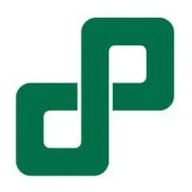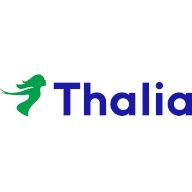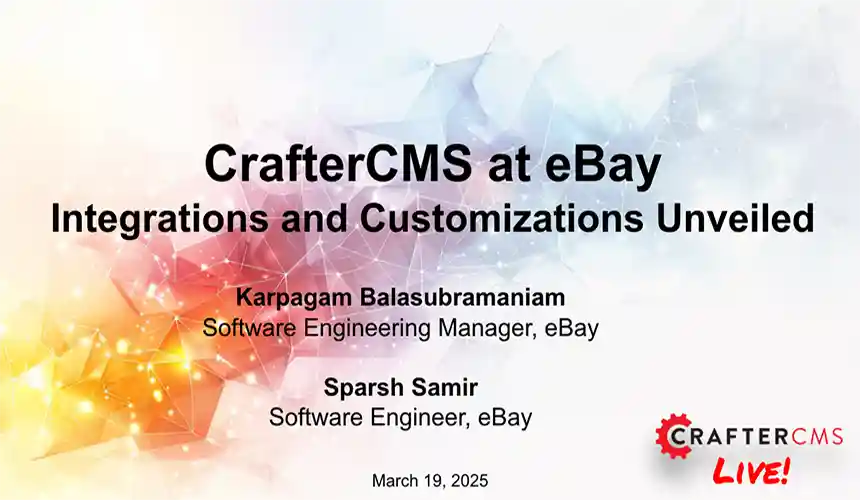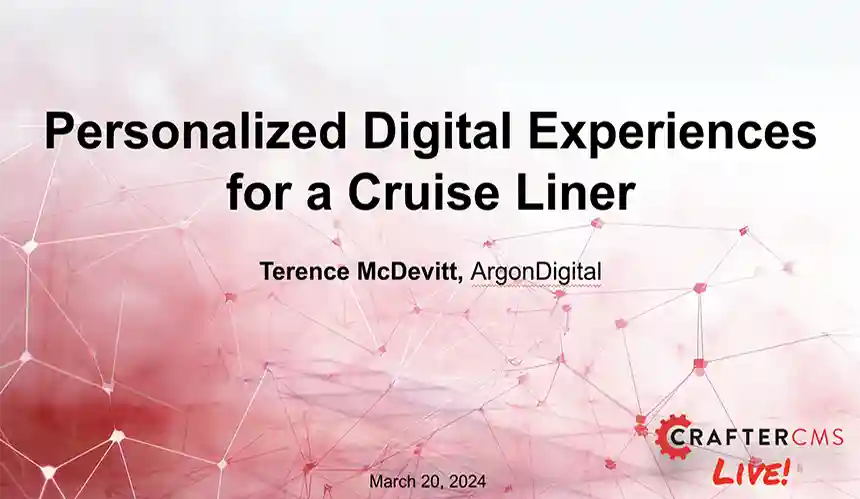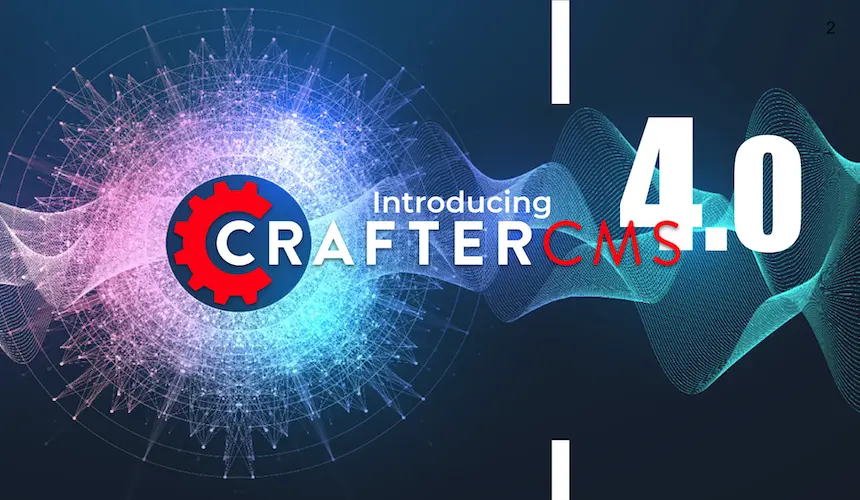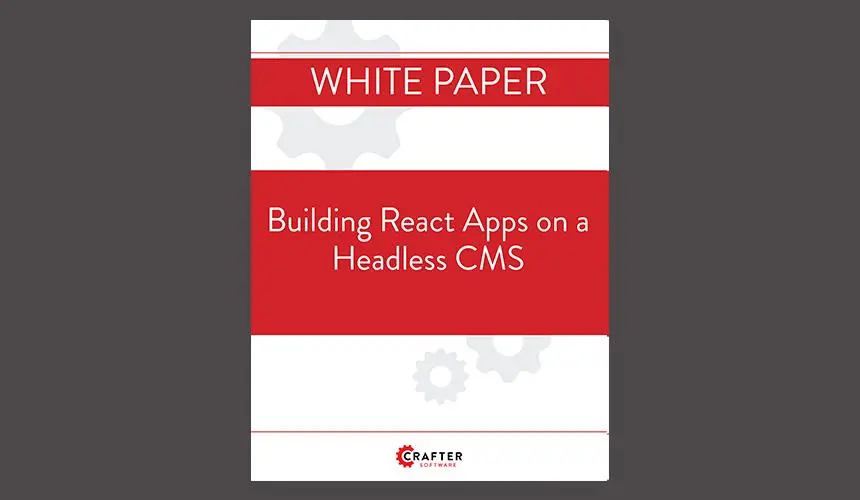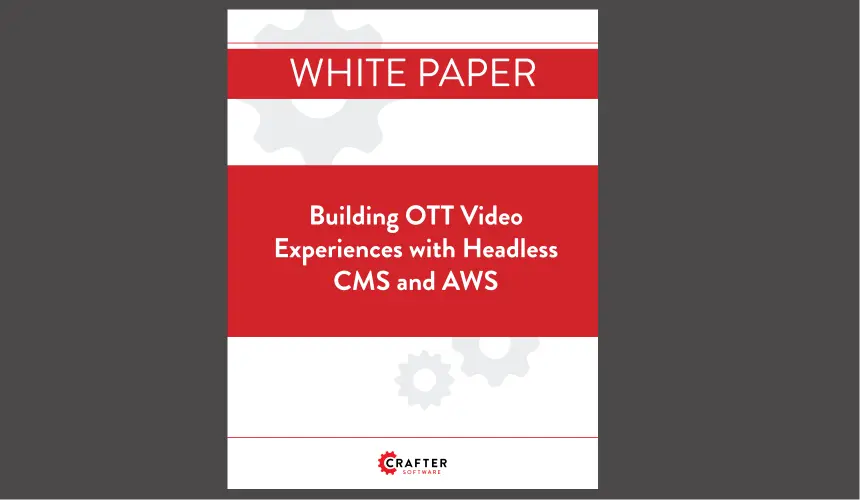Search Functionality For Your Headless CMS

Amanda Lee

Whether visitors are browsing your enterprise website or eCommerce store or customer portal, they don’t want to waste time navigating every menu item and page on your site to find what they’re looking for. Customers have grown accustomed to the high-powered search functionality of Amazon and Netflix and won’t expect anything less from your business.
Meanwhile, modern companies have turned to headless CMS platforms to assist them in optimizing other aspects of the digital experience. They want to be able to deliver content to not just websites and portals and intranets but also mobile applications, eCommerce front-ends, IoT-ready smart devices, digital signage and more. However, some headless CMS platforms may need to catch up when it comes to providing search functionality.
If your headless CMS doesn’t include search, it could limit your options and harm the user experience. In this article we’ll explain the different types of search functionality your CMS should provide, why you need them, how most headless CMSs handle search, and how a composable CMS like CrafterCMS takes search functionality to the next level.
Types of Search You Need In a CMS
Search functionality is an essential part of content management, and there are a few primary types of search your CMS must be able to perform. When considering search functionality, it's important to distinguish between site visitor search (end users who are searching your website or app) and search used by CMS users (content authors/editors who are searching the CMS repository to find, repurpose, reuse, modify and/or publish content), so we will cover both in detail.
Site Visitor Search
Site Search
Site search is functionality that can be found on a website or specific domain and allows users to browse the content on a website, documents on a customer portal, or product catalog if it’s an eCommerce store. Site search is important to provide customers with speed and relevancy when browsing a page and continuously indexes the content to improve results.
Complex Queries
Complex queries request data from the content repository using complex logic. In the case of a CMS, this often takes the form of content queries that request data from an API. Your CMS should allow you to retrieve different elements, whether content assets, user tags, or others, as well as sort results based on specified criteria.
Faceted Navigation
Faceted navigation, otherwise known as faceted search, is the search functionality often found on the sidebar of websites with extensive listings. It filters content and allows users to easily find what they’re looking for.
For example, a large content site could include a faceted search for articles with multiple tags, like news articles related to business users and emerging technologies. However, faceted search is often found on eCommerce sites and allows customers to filter products, for example, sorting casual shirts for men.
Combining site search, complex queries, and faceted navigation enables an enterprise-grade CMS to deliver the best search functionality for both customers as well as content authors and developers using the platform to create content experiences.
CMS Search (for Content Authors/Editors)
CMS repository search is functionality used by content authors and editors to quickly find content that already exists in the CMS. This type of search is when creating, modifying, reusing and/or repurposing content as part of the content creation/update processes that happen everyday on modern enterprise sites and apps. This type of search ranges from broad general queries to narrow searches that may filter based on specific content types or even specific content fields within a content type. Your CMS search functionality should support the full range of CMS user search requirements, and do so with completeness, performance and an effective user experience in mind.
Why You Need Search Functionality In Your Headless CMS
Search functionality is vital in your headless CMS as it benefits both customers (site visitors) and the business (content authors/editors).
Customer Benefits
Improved Experience
The customer experience can improve tremendously with the introduction of search functionality. It allows them to quickly find what they’re looking for and can be combined with recommendations to tailor the experience and personalize things for customers.
Reduced Friction
Companies dealing with high bounce rates can reduce the friction customers feel with a well-displayed search function. Searching websites with thousands of pages or products can be problematic if a visitor keeps clicking on the next page to find what they’re looking for. Site search and faceted navigation can reduce this friction and point them in the right direction much faster.
Increased Relevance
To create a personalized experience, brands need to provide their customers with relevant content. Search functionality helps deliver more relevant content to customers. Over time, as brands understand what the customer wants, they can continue to provide more relevant content and products that increase conversions.
Business Benefits
While the customer experience improves with the help of search functionality, the business can also benefit.
Understand Customer Intent
Search functionality paints a clear picture of customer intent. Brands can learn more about their customers, including what they want and what they’re trying to find but probably can’t as well as other details such as where they’re searching from.
More Valuable Data
Aside from understanding what customers want, search functionality can provide other valuable data. Companies can discover gaps in their content or product offerings and adjust their strategies to start filling those gaps.
Content Author Benefits
CMS search functionality offers significant benefits to content authors and editors by simplifying and accelerating their content management tasks. Content authors can quickly locate and access existing content pieces, reducing redundancy and ensuring consistency across the website. This streamlines content creation and minimizes the chances of duplicating efforts. Editors benefit from the ability to conduct comprehensive searches to find specific content elements, making it easier to review, edit, and update information. Additionally, CMS search should be equipped with filters, tags, and metadata options, allowing authors and editors to categorize and organize content efficiently. Overall, CMS search for content authors/editors empowers content teams to work more effectively, saving time and improving content quality.
How Most Headless CMSs Handle Search Functionality
Many headless CMSs offer search functionality; however, the underlying architecture often doesn’t provide the best results. Most headless CMSs are built on top of a database, which is not great for search functionality. What’s more, this search functionality isn’t necessarily built-in.
Support for CMS queries may be built-in but are weak, as their search functionality is database-oriented, which can lead to inconsistencies, slower response times and generally insufficient results. As a result, integrations with third-party tools like Algolia or others are required to provide improved search performance, adding to cost and complexity.
CrafterCMS: A Composable Approach to Search
Given the importance of search functionality to the customer experience and business results, businesses can afford to deal with subpar performance and the added costs of paying another vendor.
CrafterCMS is a headless, composable CMS that helps companies build large-scale digital experiences and comes with all of the features that developers and content authors need. From their choice of frameworks and technologies to drag-and-drop content experience building, brands can create the perfect digital experiences their customers require.
With CrafterCMS, developers and content authors receive world-class search built-in with OpenSearch, because its built-in to both the content authoring platform and the content delivery platform of CrafterCMS’s decoupled system. There is no need to integrate another vendor out of the box. And in most enterprise use cases, OpenSearch (an open source fork of the popular Elasticsearch project) provides all the power and capability needed. However, as a composable, API-first platform, CrafterCMS can also easily integrate with other search tools as required. CrafterCMS’s search APIs can be decoupled from the backend search service.
Also important, CrafterCMS utilizes a Git-based content repository, and so all content is stored as XML files in Git. These files are automatically indexed into OpenSearch and available via CrafterCMS’s search APIs, which makes building search-based experiences much more productive and the user-experience much faster and responsive. As a result, CrafterCMS’s search functionality is higher performance and more complete when compared to database search offered by most all other CMSs.
Moreover, a Git-based CMS also allows content authors and software developers to work together seamlessly to deliver the digital experiences your audience needs to engage. With Git’s naturally distributed repository approach, developers can work locally with the tools they already know while offering support through Git-based branching and workflow, and through DevContentOps processes to move content and code seamlessly throughout the development process.
Performing tasks is easier for developers as well as they don’t need to spend time working on integrations with another search engine (unless they want to), or suffering from the slow search performance of databases-centric CMSs. At the same time, content authors can quickly find and use content when building content-centric digital experiences, fostering higher levels of productivity, easy content reusability and repurposing, and more.
Learn more about CrafterCMS and the benefits of a Git-based CMS by reading our White Paper: Five Reasons Why You Need a Git-based CMS
Related Posts

Headless CMS for QSR: Powering Digital-First Quick Service Restaurants

Amanda Jones

AI Skills for CMS-Based Web Development

Sara Williams

What Are AI Skills? From Intelligent Assistance to Executable Capabilities

Amanda Lee

From HTML Template to Fully Managed Experience in Minutes: CrafterCMS + AI-Powered Workflows

Sara Williams
